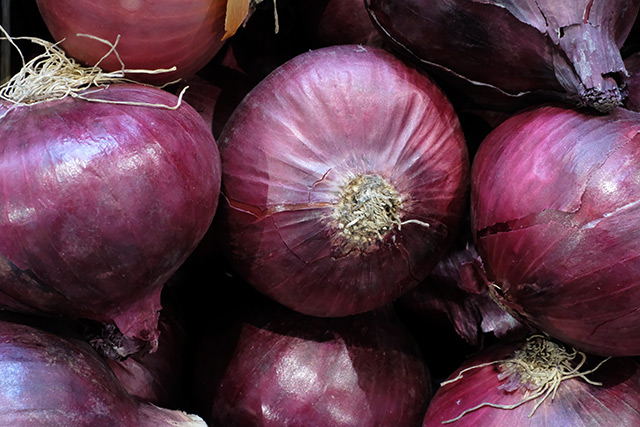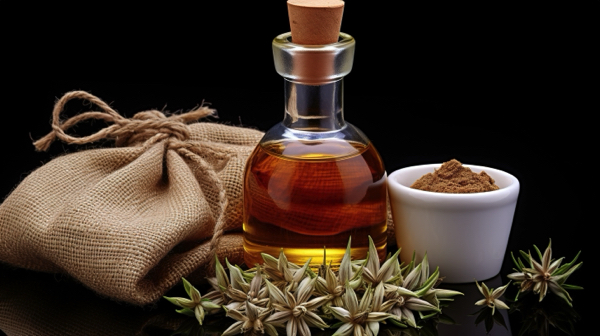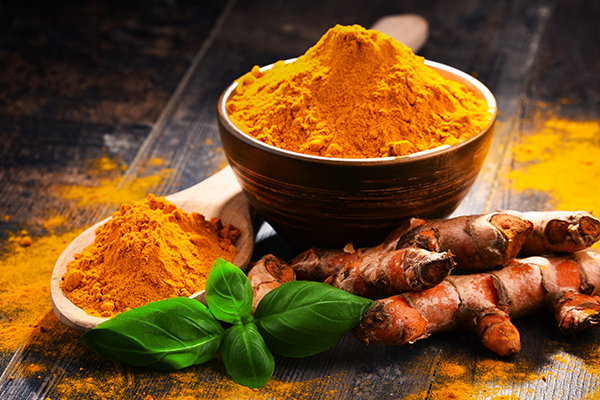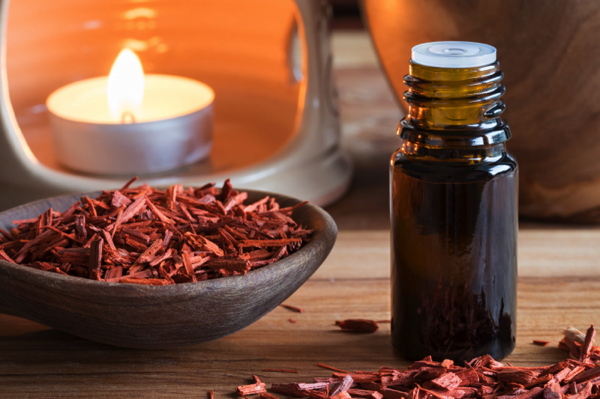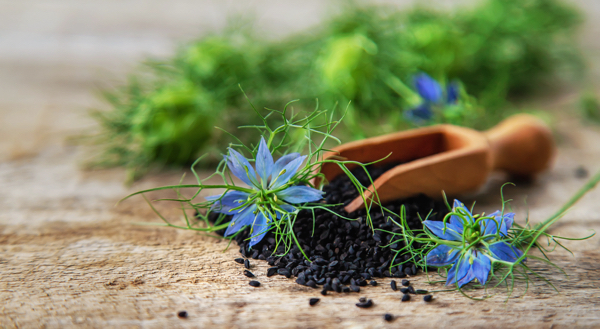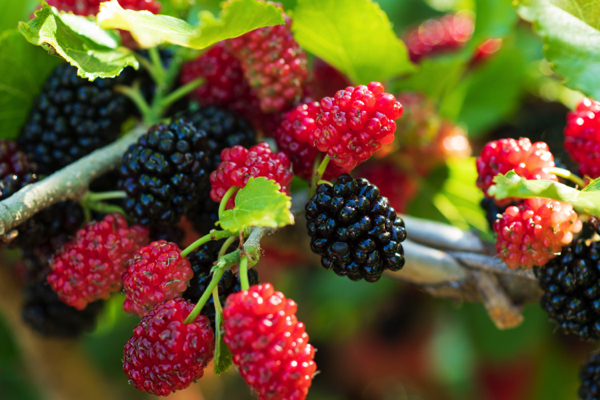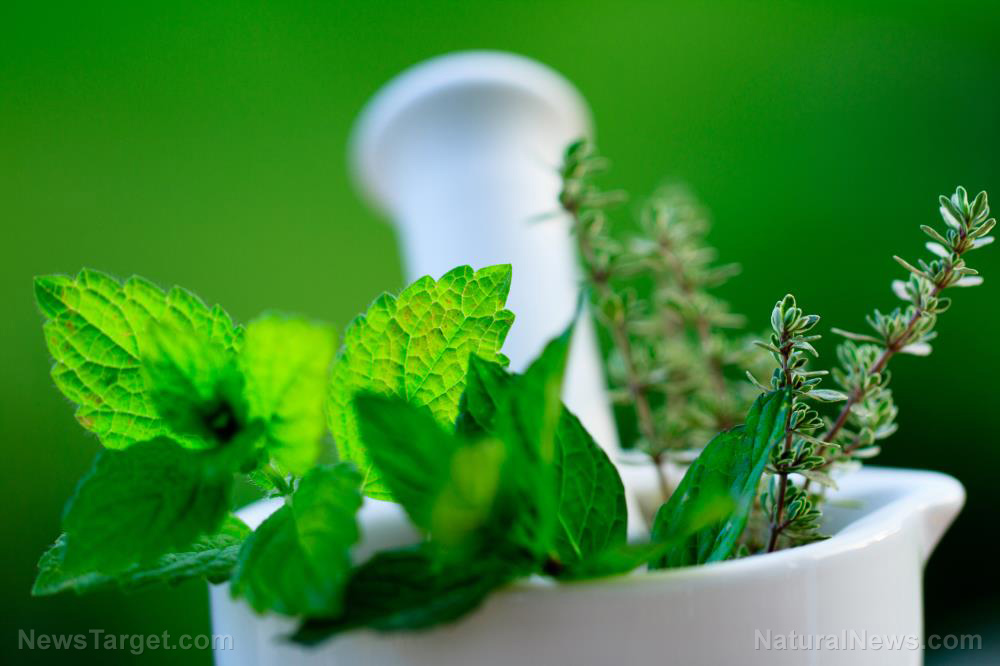Science-backed health benefits of the ancient herb DILL
11/07/2024 / By Olivia Cook

Dill (Anethum graveolens) has long been valued for its unique refreshing flavor in kitchens around the world, yet its benefits go far beyond culinary use. In fact, the earliest known record of dill as a medicinal herb was found in Egypt 5,000 years ago, when it was referred to as a “soothing medicine.”
Packed with essential nutrients, dill is a rich source of vitamins A, C, and D, which support immune health, along with several B vitamins like B2 (riboflavin), B6 (pyridoxine) and B9 (folate), which aid in cell growth and energy.
Additionally, dill provides important minerals, including calcium for bone health, iron for energy production and potassium for heart health, as well as magnesium, phosphorus and zinc. It also contains a powerful array of plant-based compounds, or phytochemicals, that contribute to its health-promoting potential. Studies have shown that dill is rich in glycosides, saponins, tannins and terpenoids – compounds that are well-studied for their antioxidant and anti-inflammatory effects.
Dill’s essential oils are particularly high in carvone and limonene – two potent antioxidants that help protect the body from oxidative stress. They also contain smaller but powerful compounds, such as anethole, eugenol and phellandrene.
With this nutrient-dense profile and array of bioactive components, dill emerges as a nutritional powerhouse with scientifically supported benefits across many aspects of health.
Helps ease pain and reduce inflammation
Dill’s bioactive components act as natural pain relievers and anti-inflammatory agents. They make dill helpful in reducing pain and swelling in conditions like arthritis, where inflammation affects joints and muscles. In traditional practices, dill has been used to relieve muscle pain and ease symptoms of rheumatoid arthritis. Consuming dill or applying it as an oil may provide natural relief for inflammation-related discomfort, especially for those who experience joint stiffness or muscle soreness.
Helps ease respiratory issues
Dill’s compounds can help loosen mucus in the respiratory system – making it easier to breathe when dealing with a cold or persistent cough. It may also help relax the airways, which can be particularly beneficial for people with asthma or bronchial issues. Its expectorant quality helps relieve congestion, while its antimicrobial actions reduce the risk of infection in the respiratory tract.
Including dill in broths or teas can provide relief for respiratory discomfort and improve breathing quality.
Helps ease stress and promote sleep
Dill is rich in flavonoids and B-complex vitamins, which help calm the body and mind by lowering cortisol levels – the body’s primary stress hormone. Reduced cortisol levels can lead to improved relaxation and better quality sleep.
It has long been used as a natural remedy for insomnia due to its mild sedative properties. For those who prefer natural remedies over pharmaceuticals, adding dill to meals or as a tea could be a gentle way to unwind after a long day and prepare for a restful night.
Helps prevent infections
Dill is a natural source of antioxidants and vitamin C – both of which play key roles in supporting a healthy immune system and warding off infections. Studies show that the antioxidants in dill combat oxidative stress, which, if left unchecked, can weaken immunity and leave the body vulnerable to infections.
Traditionally, dill has been used to treat respiratory infections and wounds. Even today, this ancient herb is valued for its ability to combat the common cold and flu. Incorporating dill can give the immune system a natural boost – supporting your body’s ability to fight off pathogens and maintain optimal health.
Helps regulate blood sugar levels
Managing blood sugar levels is essential for people with diabetes and dill may offer natural support in this area. Dill leaves contain bioactive compounds, like eugenol, which have shown potential in helping to control blood glucose levels. Research published in the Journal of Tropical Medicine suggests that eugenol in dill stimulates insulin production by activating pancreatic beta cells. This insulin boost helps lower blood sugar, which can benefit those managing diabetes.
Dill may also slow down the breakdown of carbohydrates into glucose. Carbohydrate digestion often leads to spikes in blood sugar, but dill’s compounds may help curb these spikes.
Helps support the immune system
Dill is a powerhouse of immune-supporting compounds, including antioxidants, flavonoids and other bioactive components. These substances work together to protect the body from harmful microbes, including bacteria, fungi and viruses. Studies suggest that dill may help increase the production of white blood cells, the body’s first line of defense against infections. Incorporating dill regularly into meals or as a supplement can enhance your immune defenses.
Helps support bone health
Bones are the framework of the body and supporting bone health is essential as we age. Dill is packed with nutrients critical to bone density, integrity and strength, including calcium, iron, magnesium and vitamin D. These nutrients work together to reduce bone loss, stimulate bone regeneration and support bone density, which can be beneficial in preventing osteoporosis – a condition where bones become brittle and fragile.
Vitamin D is particularly important for calcium absorption. Adding dill to your diet can help provide these essential nutrients – contributing to stronger bones and a reduced risk of bone-related disorders.
Helps support healthy digestion
Dill leaves are known for their carminative properties, which means they help reduce gas in the digestive tract. It can relieve uncomfortable abdominal distension and bloating.
Additionally, dill is rich in fiber, which supports the body’s natural digestive movements. Dietary fiber helps “move things along” in the intestines. Dill also contains natural antacids, which can ease acid buildup in the stomach – helping to prevent or relieve the symptoms of indigestion and even ulcers. Its impact on digestion makes dill an herb worth incorporating for those seeking healthier, smoother digestion.
Visit Herbs.news for more stories like this.
Watch this video to learn more about the dill herb – its benefits, uses and side effects.
This video is from the Holistic Herbalist channel on Brighteon.com.
More related stories:
How to use plants to maintain personal hygiene even when SHTF.
Stay fresh in the wilderness with natural alternatives to personal hygiene products.
Sources include:
Submit a correction >>
Tagged Under:
alternative medicine, ancient herb, anti-inflammatory, digestion, Dill, food cures, food is medicine, food science, functional food, health science, herbal medicine, Herbs, immune system, natural antibiotics, natural cures, natural medicine, respiratory health
This article may contain statements that reflect the opinion of the author
RECENT NEWS & ARTICLES
COPYRIGHT © 2017 NATURALANTIBIOTICS.NEWS
All content posted on this site is protected under Free Speech. NaturalAntibiotics.news is not responsible for content written by contributing authors. The information on this site is provided for educational and entertainment purposes only. It is not intended as a substitute for professional advice of any kind. NaturalAntibiotics.news assumes no responsibility for the use or misuse of this material. All trademarks, registered trademarks and service marks mentioned on this site are the property of their respective owners.








